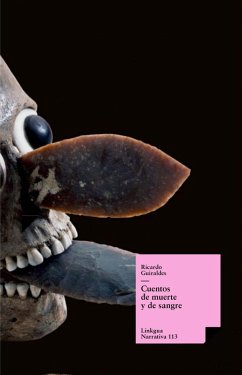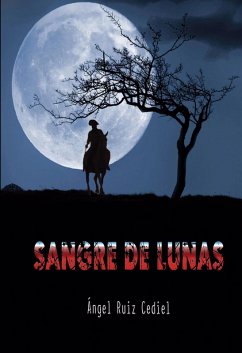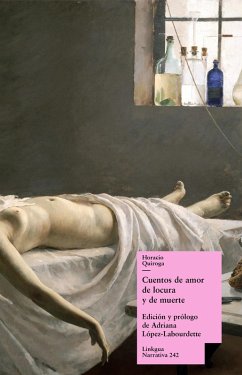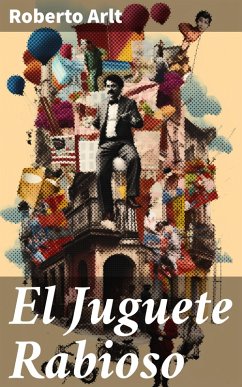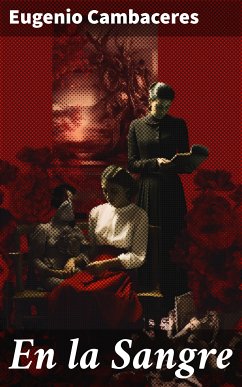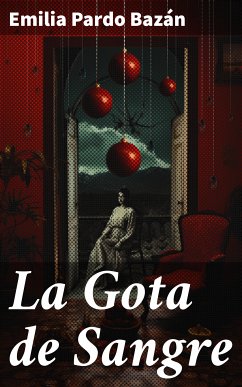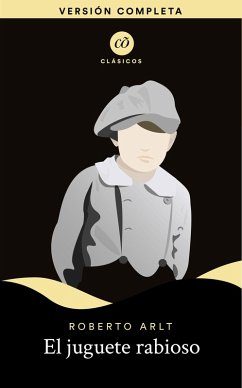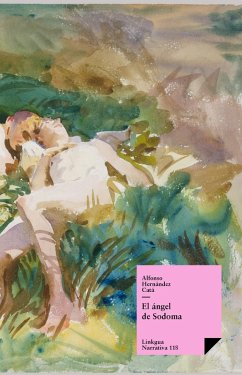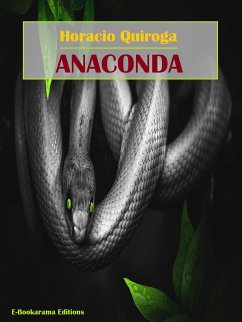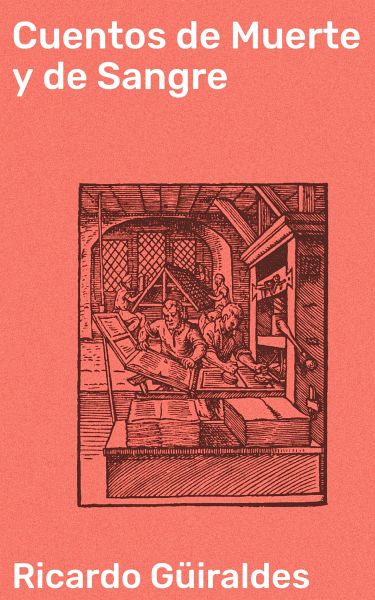
Cuentos de Muerte y de Sangre (eBook, ePUB)
Explorando los límites de la moralidad y la pasión en relatos de muerte y violencia en la Argentina rural
Versandkostenfrei!
Sofort per Download lieferbar
0,49 €
inkl. MwSt.
Weitere Ausgaben:

PAYBACK Punkte
0 °P sammeln!
El libro "Cuentos de Muerte y de Sangre" de Ricardo Güiraldes se adentra en la temática del destino trágico y la inevitable realidad de la muerte, explorando conexiones profundas entre el ser humano y sus instintos más oscuros. Con un estilo que mezcla prosa poética y la crudeza del relato corto, Güiraldes logra crear una atmósfera densa y cargada de simbolismo. Publicado en un periodo en el que la literatura latinoamericana comenzaba a consolidar su identidad propia en el contexto modernista, cada cuento es una reflexión visceral que invita al lector a confrontar la fragilidad de la e...
El libro "Cuentos de Muerte y de Sangre" de Ricardo Güiraldes se adentra en la temática del destino trágico y la inevitable realidad de la muerte, explorando conexiones profundas entre el ser humano y sus instintos más oscuros. Con un estilo que mezcla prosa poética y la crudeza del relato corto, Güiraldes logra crear una atmósfera densa y cargada de simbolismo. Publicado en un periodo en el que la literatura latinoamericana comenzaba a consolidar su identidad propia en el contexto modernista, cada cuento es una reflexión visceral que invita al lector a confrontar la fragilidad de la existencia a través de relatos que a menudo asemejan mitos o leyendas populares. Este contexto literario revela la búsqueda de comprensión sobre la lucha entre la vida y la muerte en un mundo en transformación. Ricardo Güiraldes, reconocido por su obra maestra "Don Segundo Sombra", es una figura emblemática del modernismo argentino, influido por sus estudios de filosofía y su trayectoria en la exploración de la identidad nacional. Su interés por la literatura se entrelazó con su experiencia personal, marcada por su vida en el campo y la búsqueda de sus raíces gauchescas. Esta dualidad se ve reflejada en "Cuentos de Muerte y de Sangre", donde la muerte se presenta no solo como un final, sino como una parte integral del ciclo vital, evocando la cultura y tradiciones que configuran su narrativa. Recomiendo encarecidamente "Cuentos de Muerte y de Sangre" a aquellos interesados en la literatura que explora la complejidad de la condición humana. Este conjunto de relatos no solo proporciona una lectura cautivadora gracias a su prosa evocativa, sino que también invita a una profunda meditación sobre el significado de la vida y la muerte. La obra de Güiraldes representa una joya en la literatura argentina que merece ser descubierta, reflexionada y valorada por lectores contemporáneos y futuros.
Dieser Download kann aus rechtlichen Gründen nur mit Rechnungsadresse in A, B, BG, CY, CZ, D, DK, EW, E, FIN, F, GR, H, IRL, I, LT, L, LR, M, NL, PL, P, R, S, SLO, SK ausgeliefert werden.




